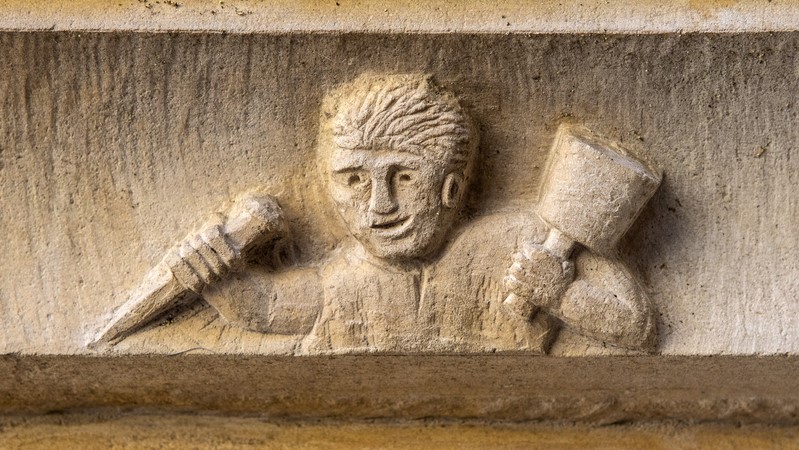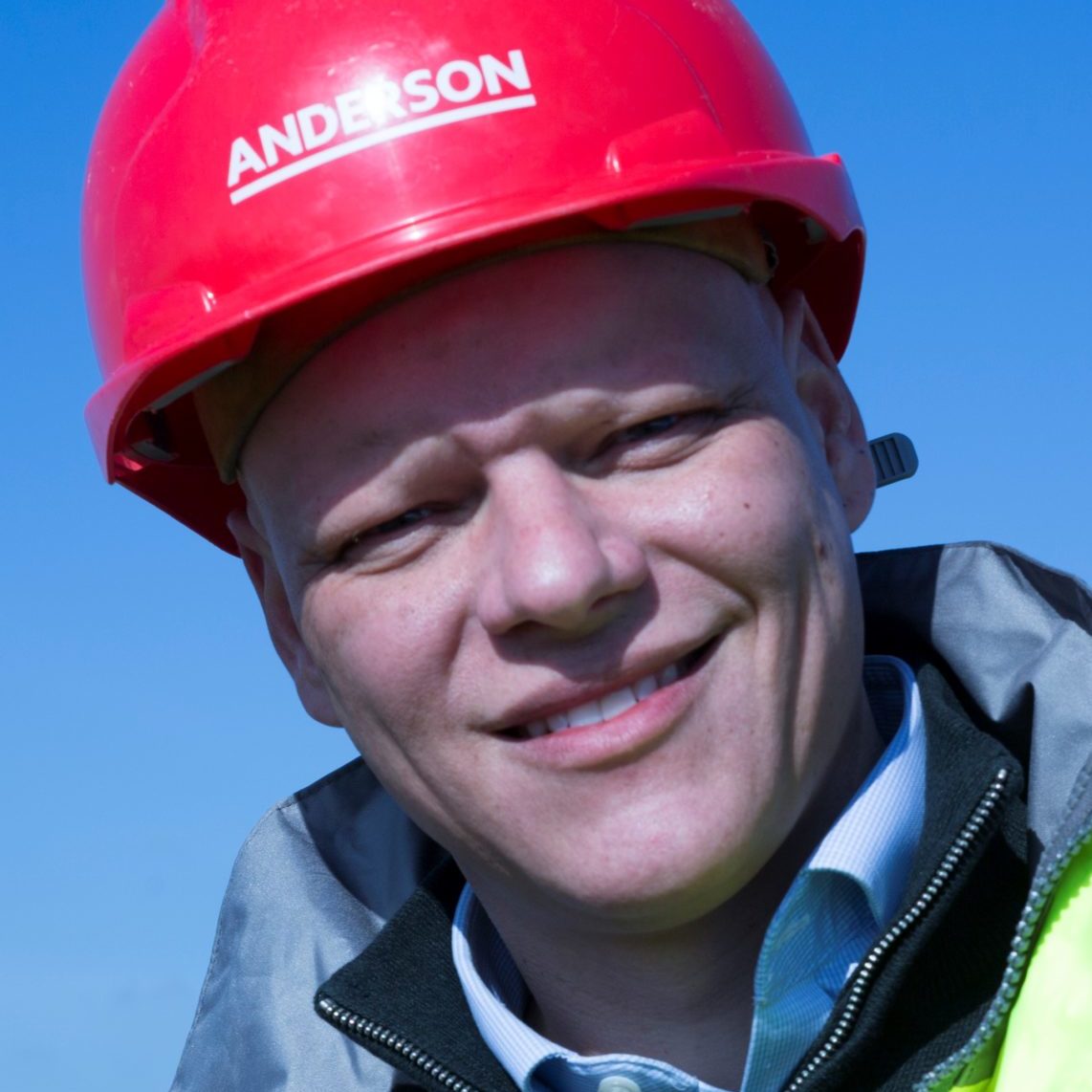Knowledge of religion has helped me understand construction

Roelof Van Emmenis explains how his knowledge of religion has helped to look at his construction work in a new light.
In the middle of my career in construction, I took time out to complete a degree in theology at Cambridge University.
I’m sure many thought it an odd decision. After all, I could have expanded my skillset with further study in the built environment.
Register for free or sign in to continue reading
This is not a paywall. Registration allows us to enhance your experience across Construction Management and ensure we deliver you quality editorial content.
Registering also means you can manage your own CPDs, comments, newsletter sign-ups and privacy settings.
But it was something I was interested in and, as well as taking a lot of pleasure from ticking things off my bucket list, I also know that when you try your hand at something new, it can often widen your horizons in ways you could not have foreseen.
As such, I find myself now, with another qualification under my belt, looking at my day job through new lenses.
Understanding the human condition
Theology is basically an attempt to understand human life and the human condition.
Yes, there is a religious element to it – understanding human existence in relation to God. But it’s also about understanding our role in relation to our foundations and resources.
To do this we need to be sensitive to our environment, how we use it and how it makes sense to us.
This is key to successful construction projects.
As Winston Churchill said in a speech after the bombing of the House of Commons in 1943: “We shape our buildings, and afterwards our buildings shape us.”
As developers, we have a lot of responsibility, not just to make pretty homes but to create communities that will thrive now and in the future.
Our buildings should not just serve our basic needs – they should be an expression of shared cultural values.
Anderson is a company that not only grasps the importance of this – but it lives and breathes it.
The theology of business
Believe it or not, theology matters in business. In both, you place emphasis on reason.
What is the purpose of the business? What is the value of its work? How can its framework support its disciplines? How can that business shape a culture?
In both, you need disciples.
Do your staff buy-in to your mission and values? Does your end user, customer or client benefit from your work? Do you have a set of business rules or ethics for everyone to live by?
All these different questions need answering for any business to build up a useful strategy for growth.
I see the success of this method in what we have put in place at Anderson on my visits to our sites in and around the east and south of England.
Theology has taught me to question everything constantly.
At all we see staff working towards a common goal. There is a distinctive culture, teamwork, camaraderie. And there are men and women buying into this to build communities from the ground up, taking into account all of the different elements key to thriving populations.
These include the importance of structure that gives people sanctuary as well as communal buildings that will bring communities together. It includes landscaping to bring life to the development and foundations for infrastructure that allow us freedom.
Building a series of properties is about so much more than simple bricks and mortar and fulfilling government objectives for housing targets. It’s an exploration of what “dwelling” means and moves towards ways of understanding belonging.
Adding purpose to my role
The main parts of my job are to manage the relationships between Anderson and its many construction clients and the timelines for delivery.
Here I find my theology study comes in handy – because it has taught me to question everything constantly.
A lot of my planning involves ensuring we have enough labour, materials or plant for a job and we’ll look ahead a couple of weeks and try and pinpoint certain key dates to make sure everything runs smoothly.
We interrogate everything we do, and we interrogate it often, because we want to make sure what we’re doing is the right thing at the right time, to suit the conditions in which we’re working.
Another thing I do is try to make it personal – make it relevant to me.
So everything I do, I do it as if it’s my own. Every penny that’s spent, I spend it as if it’s my own money. It demonstrates the respect I have for the company, but it also plays into the theological idea of wider purpose.
Construction like a religion
In the built environment, we have to work as a team. A fluid team with a common goal, a clear mission and a distinctive culture and values system.
It operates much like a religion: with purpose, with structure and with shared beliefs.
And it also thrives in the same way: building on foundations and bringing together new communities.
A construction site is certainly not a church. But in my opinion, there’s something divine about it, nonetheless.
Roelof Van Emmenis is production manager at Chelmsford-based construction firm Anderson.











